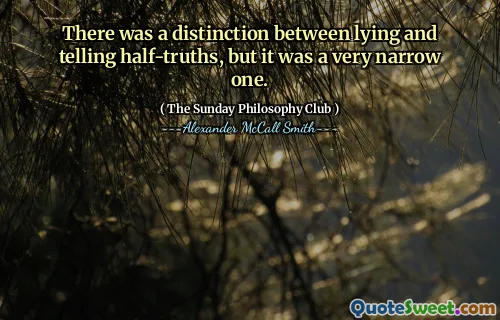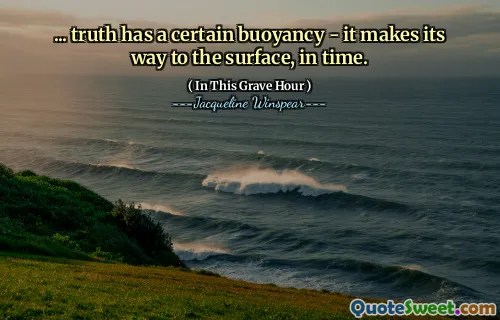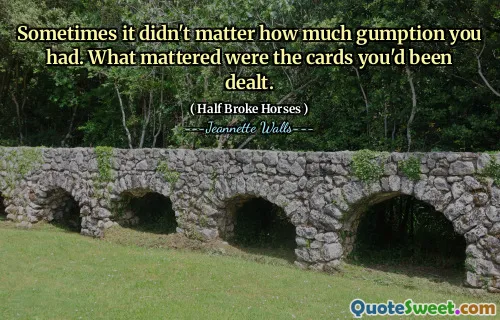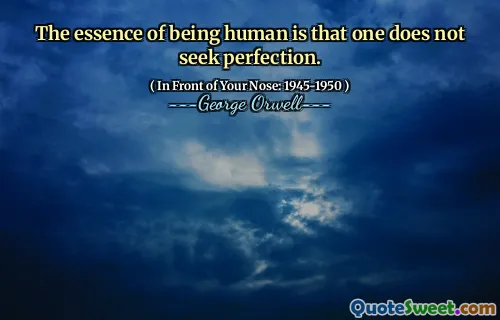Robespierre has never forgiven his friends the injuries he has done them, nor the kindnesses he has received from them, nor the talents some of them possess that he doesn't.
In Hilary Mantel's "A Place of Greater Safety," the character of Robespierre is portrayed as deeply conflicted and resentful towards those around him. His inability to forgive his friends for past grievances reflects a profound sense of insecurity and jealousy. Robespierre’s relationships are overshadowed by a mix of resentment and gratitude, showcasing the complexity of human emotions in the backdrop of revolutionary fervor. Additionally, the narrative highlights his envy towards the talents of his peers, revealing a character who struggles with self-acceptance and personal shortcomings. This internal conflict plays a significant role in shaping his actions and decisions throughout the revolutionary period, emphasizing the interplay between personal relationships and political ambitions.
In Hilary Mantel's "A Place of Greater Safety," the character of Robespierre is portrayed as deeply conflicted and resentful towards those around him. His inability to forgive his friends for past grievances reflects a profound sense of insecurity and jealousy. Robespierre’s relationships are overshadowed by a mix of resentment and gratitude, showcasing the complexity of human emotions in the backdrop of revolutionary fervor.
Additionally, the narrative highlights his envy towards the talents of his peers, revealing a character who struggles with self-acceptance and personal shortcomings. This internal conflict plays a significant role in shaping his actions and decisions throughout the revolutionary period, emphasizing the interplay between personal relationships and political ambitions.





